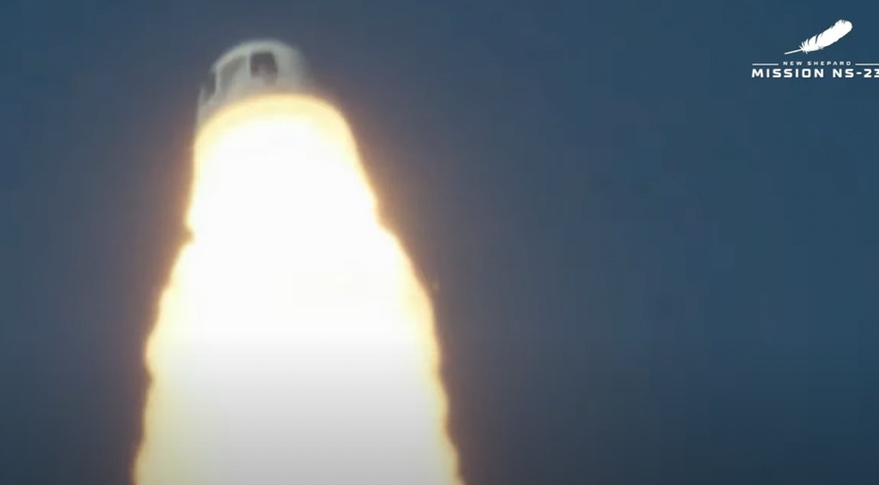WASHINGTON — A new report by The Aerospace Corporation calls for a more holistic approach to space safety, from avoiding collisions in orbit to cybersecurity.
The 2022 Space Safety Compendium, released Oct. 19, offers a wide range of recommendations on topics that include space situational awareness, launch and reentry, spectrum and cybersecurity, and human spaceflight safety. It also identifies several cross-cutting issues, including workforce, diversity and development of norms of behavior.
Aerospace’s Space Safety Institute, which developed the report, combined several topics into a single report to take a broader view of how efforts to improve safety in one field might affect safety in other fields.
“At Aerospace, we feel like they’re all connected and we need a whole-of-space approach to space safety, which is why we established the Space Safety Institute,” said Uma Bruegman, lead of the institute, in a call with reporters.
“We felt like there’s a more holistic approach necessary,” said Josef Koller, co-founder of the institute. “Safety is more like a Rubik’s Cube to use. If you try to fix the colors on one side, let’s say for robotic missions, it might affect how you do human spaceflight safety or it might affect launch.”
Some of the report’s recommendations reflect activities that are ongoing. One endorses funding the Office of Space Commerce in the Commerce Department so it can take on civil space traffic management responsibilities. It also recommends updating human spaceflight mishap investigation requirements, a topic that was the subject of an agreement between the Federal Aviation Administration and National Transportation Safety Board signed in September.
Other recommendations call for improved space situational awareness data and analysis, support for on-orbit servicing and active debris removal, designing spacecraft to minimize the risk on the ground from reentry debris, and developing in-space rescue capabilities for human spaceflight.
Koller declined to say which of the 35 recommendations in the report are the most important. “What you find in the compendium are the most important ones,” he said. “Every different field will have a different selection of those, but what you find in the compendium are really the top ones.”
The focus of many of the recommendations are on the U.S., including specific policies, but could be extended globally. “We’ve got to start in the United States itself. We need to figure out how we’re going to do that between all the different, diverse organizations that work the problem, and then move out to the international community,” said Marlon Sorge, executive director of Aerospace’s Center for Orbital and Reentry Debris Studies, discussion recommendations on space situational awareness and space traffic management. “This is an international issue.”
Bruegman said that Aerospace had already discussed the report’s recommendations with several government agencies, including FAA, NASA and the Commerce Department, as well as several companies. “The whole goal is bring everybody together, talk to them about our recommendations, listen to them and have some discussion,” she said.
